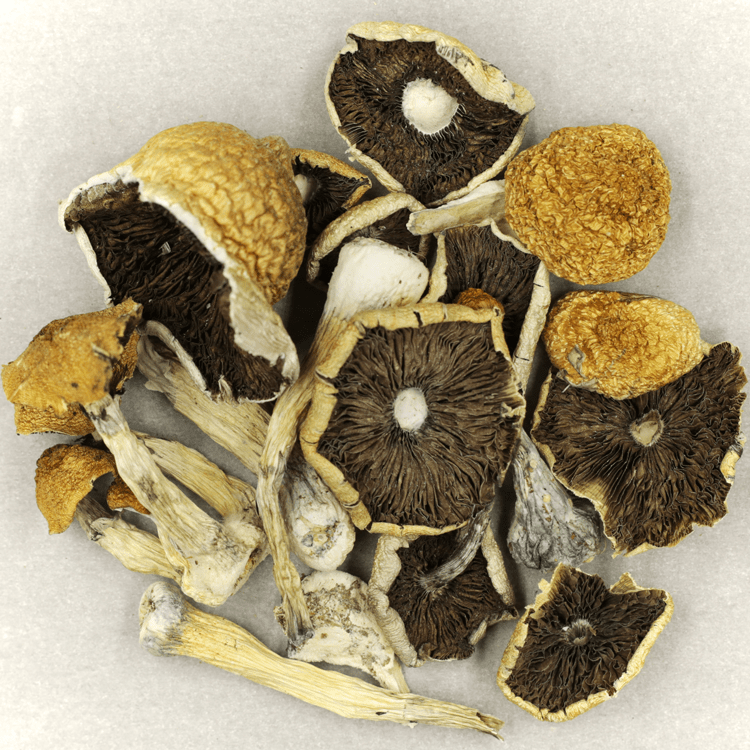
“Magic Mushrooms,” Psilocybin and Mental Health, If you’ve been around this industry, you’ve probably heard someone say cannabis is a cure for cancer. We’re going to start by saying that isn’t true, at least not according to current research. However, cannabis does hold a lot of potential for aiding cancer treatment, from inhibiting cancer cell growth to easing the side effects of traditional treatments, such as chemotherapy. Throughout this article, we will take a deeper look into cannabis for cancer and what modern research can teach us to help those struggling with the condition. You can get the best quality cannabis products online from the very reputable omegastrains cannabis online shop at moderate prices.
Many people’s knowledge of psilocybin – the primary psychoactive ingredient found in so-called “magic mushrooms” – is limited to its use as a recreational drug and perhaps its association with 1960s counterculture. But over the past 20 years, a growing body of research has shown that psilocybin has significant potential in the treatment of a number of mental and behavioral health disorders.
“Based on the current body of research,” says Dr. Ryan Marino, MD, an emergency physician, medical toxicologist and addiction medicine specialist at University Hospitals, “psilocybin has proven to be extremely safe when administered in controlled settings.” Psilocybin is currently classified as a Schedule I controlled substance by the federal government.
“The idea that psilocybin can’t have medical uses does not hold up to scientific scrutiny,” says Dr. Marino. “Current and future research is necessary; however, there is good evidence to support psilocybin’s therapeutic value in the mental health field.”
Psilocybin for Mental Health Disorders
To date, studies have shown that psilocybin therapy is beneficial in relieving symptoms of treatment-resistant depression, obsessive compulsive disorder and other mental health disorders. Psilocybin has also shown effectiveness at easing fear and anxiety in people with terminal cancer. Due to the limitations in studying Schedule I substances, many of these studies have been led by Johns Hopkins Medicine, which established the world’s largest psychedelic research center and first psychedelic research center in the U.S., The Center for Psychedelic and Consciousness Research, in 2019.
One study by Johns Hopkins Medicine found that taking psilocybin in combination with talk therapy significantly improved symptoms of clinical depression. Some study participants continued to experience benefits for as long as one year after receiving just two doses of the compound.
“Historically speaking,” says Dr. Marino, “these smaller-scale studies looking at the effects of psilocybin on depression have tested the effects of just one, two or sometimes three doses of psilocybin – all with encouraging results. What the results suggest is that psilocybin’s positive effects can be long-lasting and that people may only need to take it intermittently to get its benefits, potentially reducing the risk of side effects.”
